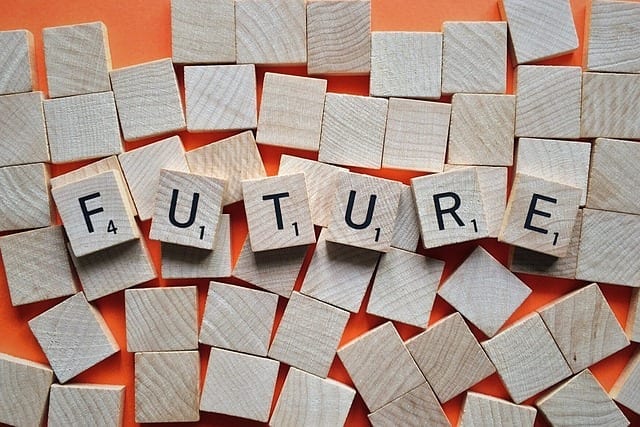Digital technologies are becoming increasingly pervasive and integrative, which can be put to a great advantage by a savvy hotel, wanting to keep up with the latest in digital trends. Key benefits include the enhancing of customer service, the ability to efficiently use resources and energy, and to maintain a competitive edge over other hotels. This article will identify existing and upcoming technological advancements for the Hotel industry.
Smart Devices
Here we’re referring to your typical, everyday items, but that each of them has in built wireless technology, allowing them to be connected to the overall wireless internet network. These technologies can help increase efficiency, reduce energy costs and provide the best within room experience without unwanted human interference. These systems are already being used to alter appliances such as lighting, heating, kettles and blinds, to optimise their function and comfort levels for guests.
Robots
Whilst robots have been used in other industries for a long while now, they are finally being made to be more customer friendly, and therefore coming into their role in the hospitality industry. Modern robots are built to closely resemble humans and perform a variety of intelligent tasks. This is an emerging digital trend, and has been made full advantage of in a hotel in Japan. They have ‘employed’ a front desk robot to answer questions, a porter robot to take customers’ luggage to their rooms, a cloakroom bot for storing luggage at the door, as well as a full room service bot that can bring cooled drinks and snacks.
Personal Recognition Technology
Being embraced throughout the world of digital tech, recognition technologies in their various forms can play a stellar role in the hospitality industry, particularly when used in conjunction with the many services offered around the hotel complex. Facial recognition, finger scans and retina scans are all fairly commonplace these days, and could easily be put to use in making transactions more fluid for the customer and avoiding the need to have so much staff contact, leaving them to fulfill more complex tasks. For example, finger recognition could be used for quick payment of a spa service, and facial recognition could be used to check-out. This is already being taken advantage of in Japan, where facial recognition allows the customer to enter the room, no longer worrying about their room key.
Virtual Reality
With so much exciting virtual reality (VR) content becoming increasingly accessible, there is an increasingly paved path for hotels to make good use of. The key point of VR is to take its users into a world created for them, and as such, can be put into effective use for the booking process. Customer can literally see their rooms and their way around the hotel, to make sure that they’ll be happy to stay there, as well as all the other exciting potential the hotel has to offer. Furthermore, it can be used to highlight the experiences of local attractions and give customers a true feel for the area. The options for in-hotel experiences and entertainment can also be creatively used with VR appliances.
Augmented Reality
Similar in function to VR but where that utilises headsets to completely transport the customer a created, virtual reality, the augmented reality that generates useful digital overlays – usually in the form of information or graphical content – to enhance the user experience of what’s in their surroundings and fully immerse them. In conjunction with the customer’s smartphone, a unique hotel app and the room or places around the hotel, the customer can find out relevant information to their stay. For example, if the hotel has a unique history, the place of the events could be highlighted through the app as the customer approaches them. A local consultation room could display detailed information on local events through the app. As the technology progresses, the opportunities for creativity will constantly increase.
Integrated Chatbots
Having a simple system to answer FAQs is a great way to make use of widely available chatbots and provide customers with a quick response time, keeping staff reserved for more urgent and complex tasks. This can be integrated, both online and as a front desk option for customers to utilise. Some hotels have even gone as far as to create a physical chatbot to respond to human inquiries in speech. The data that can be logged and coded from these discourses could be analysed by an artificial intelligence system, allowing for a more unique service relative to the enquiries: tailored offers, fast responses, helpful suggestions to name a few. This all leads to satisfied customers.
In sum, technological advancements seem to be limitless but how far can you go to please your guests? It is really interesting to monitor how the hotel industry is going to evolve and who will be able to keep up with all the new developments.




